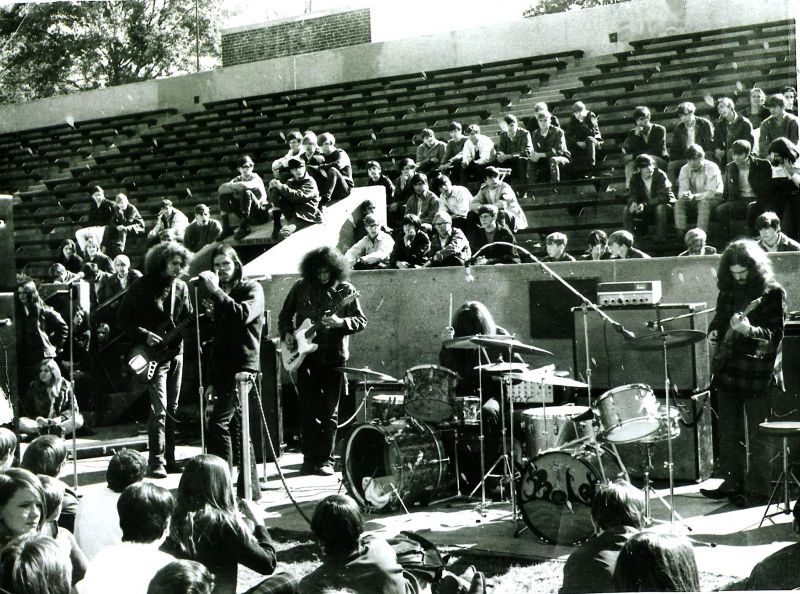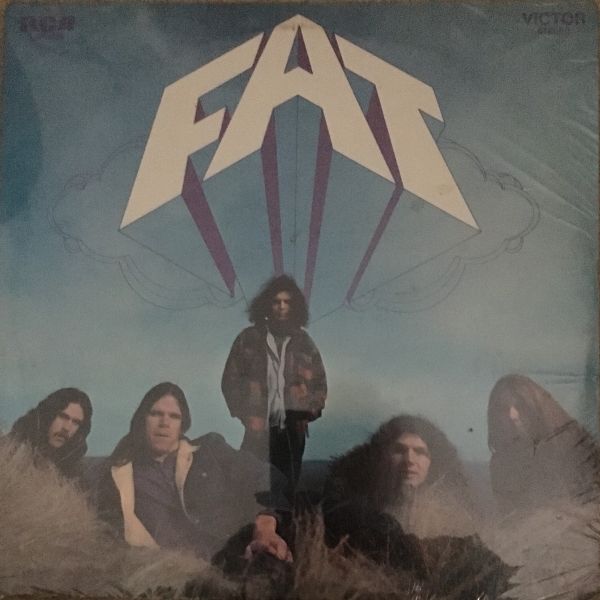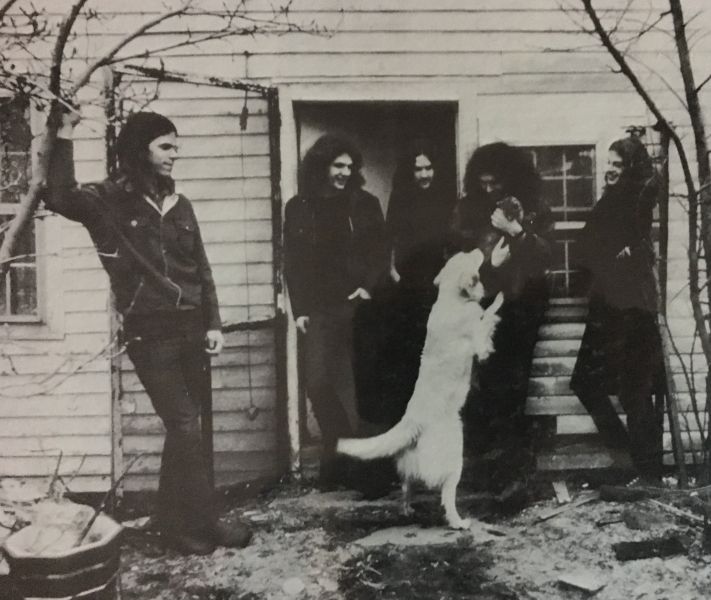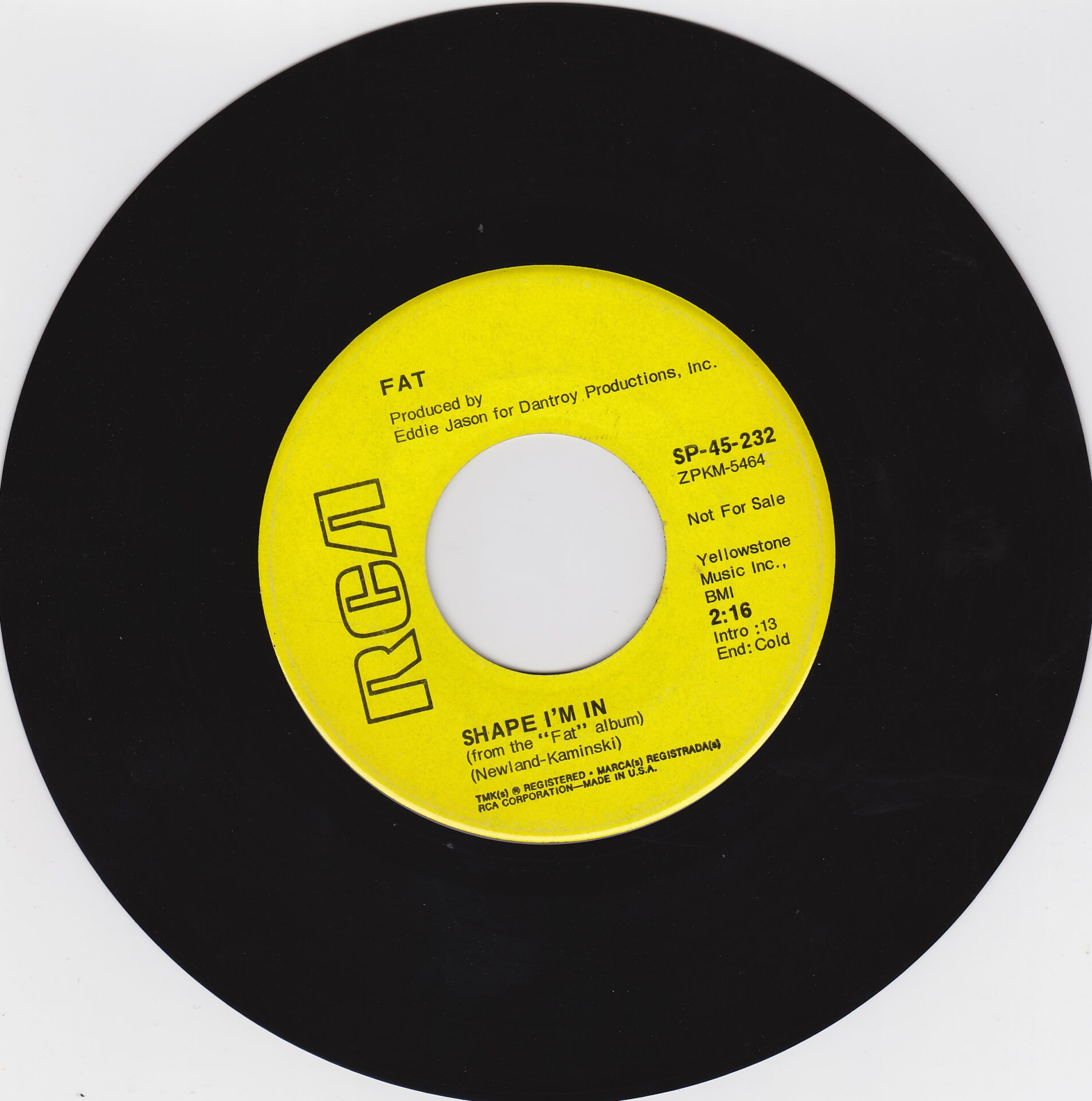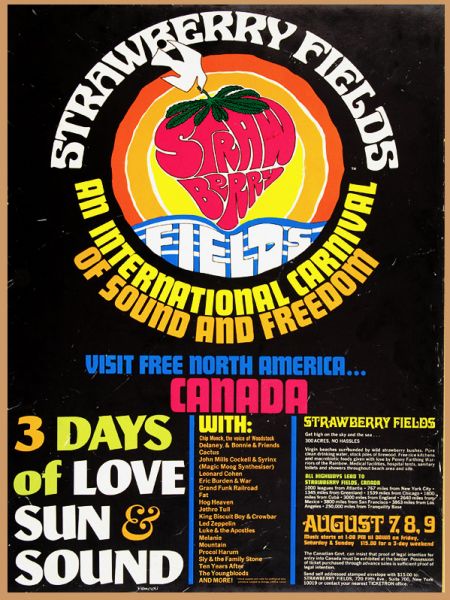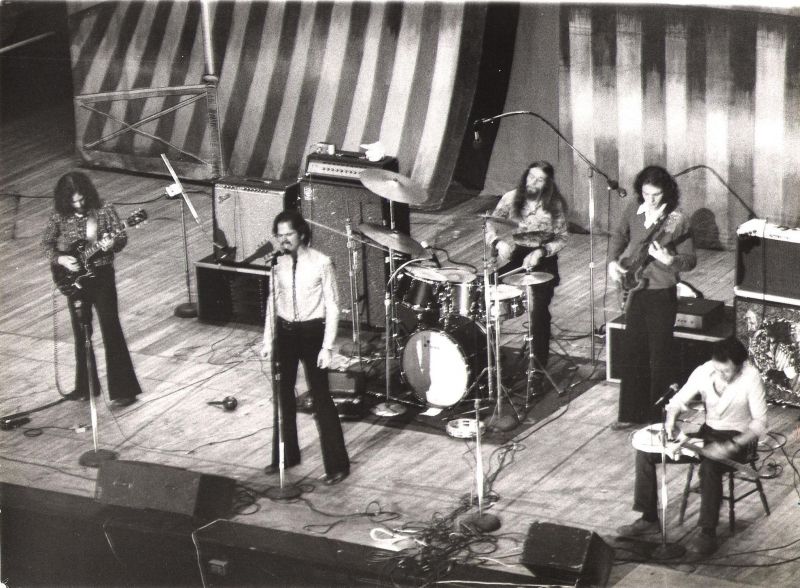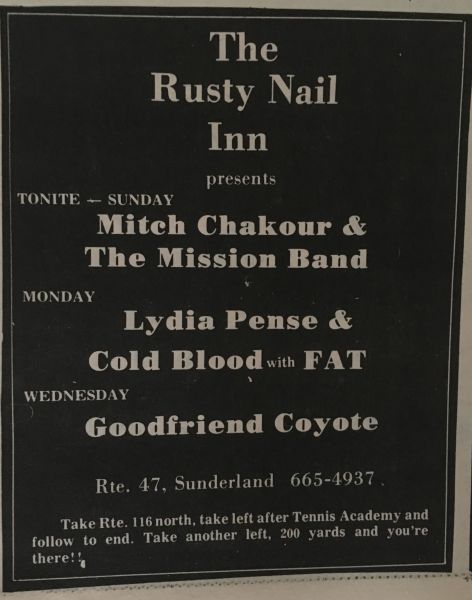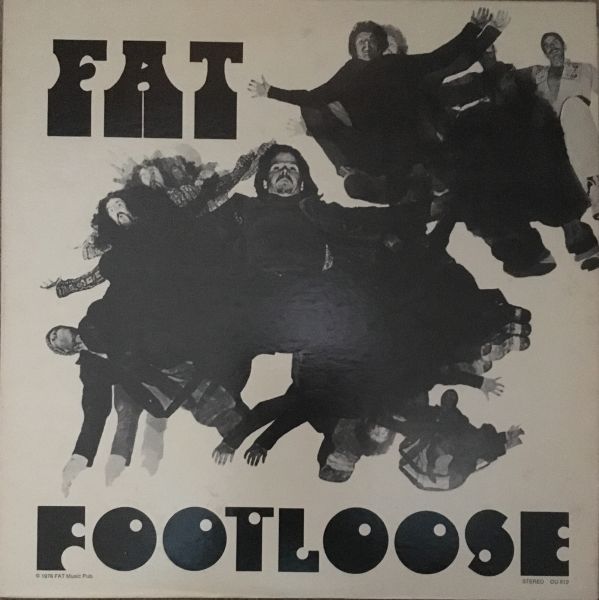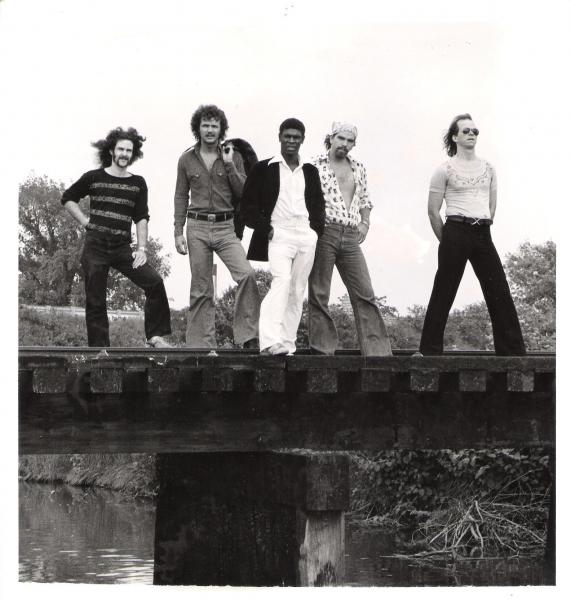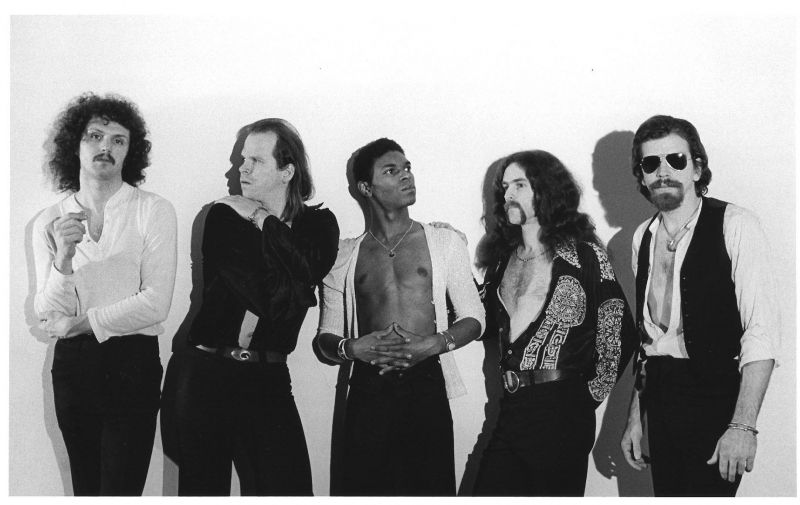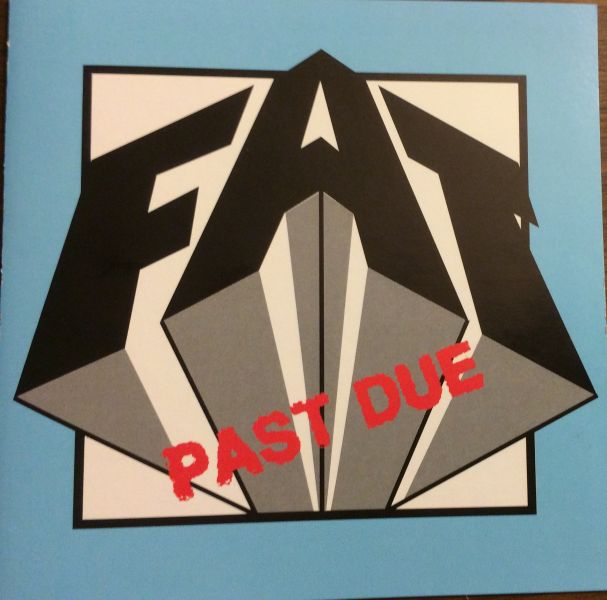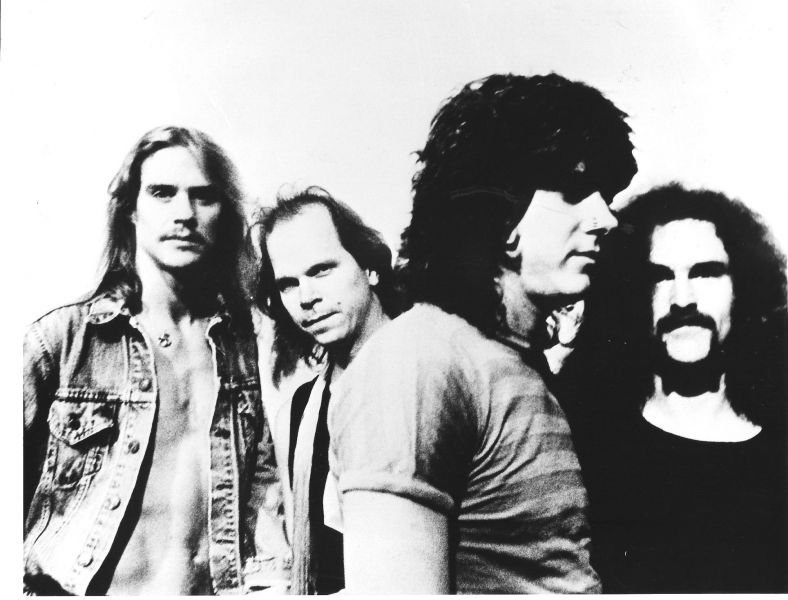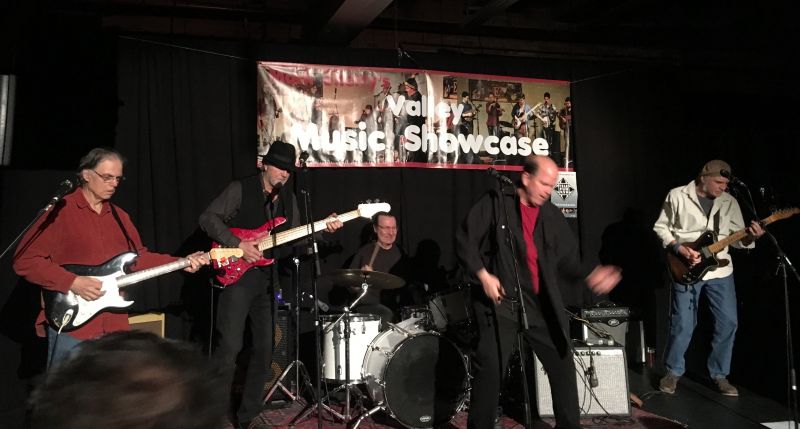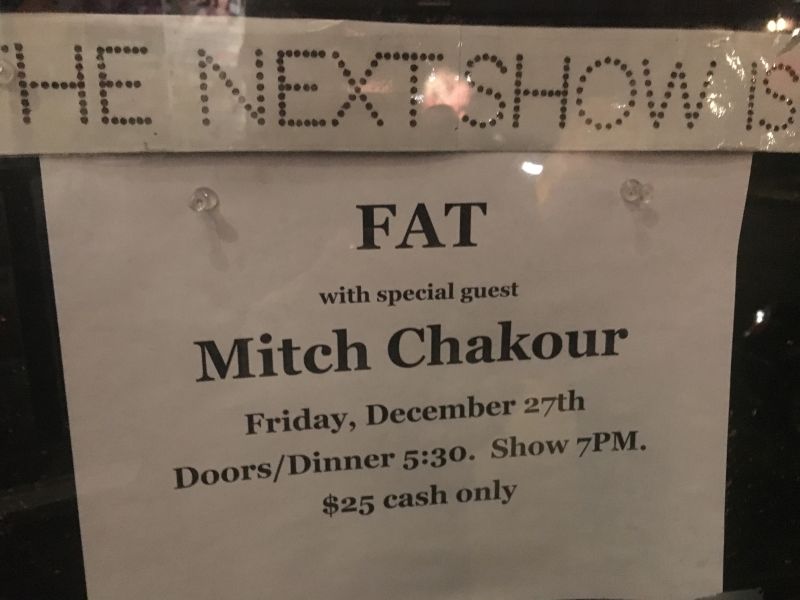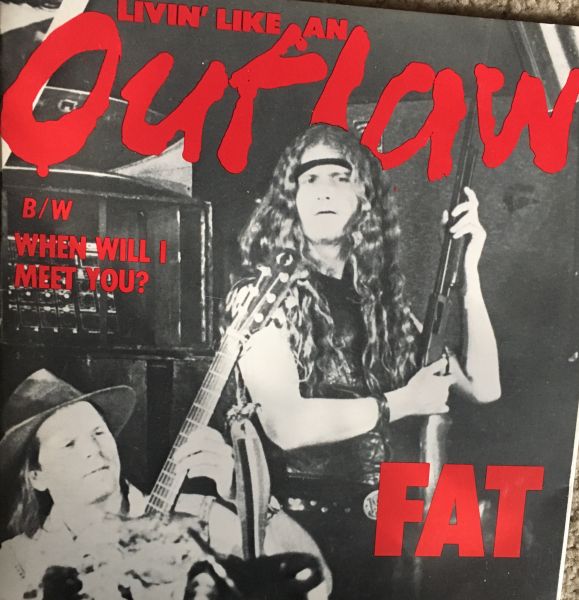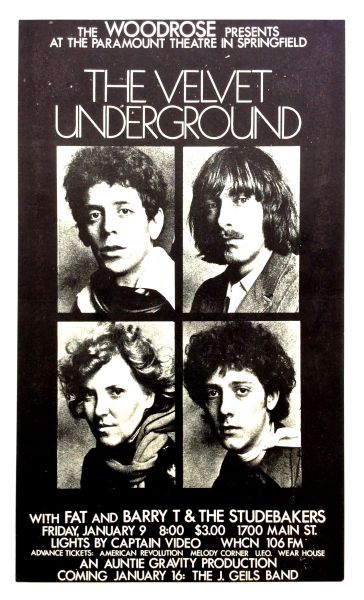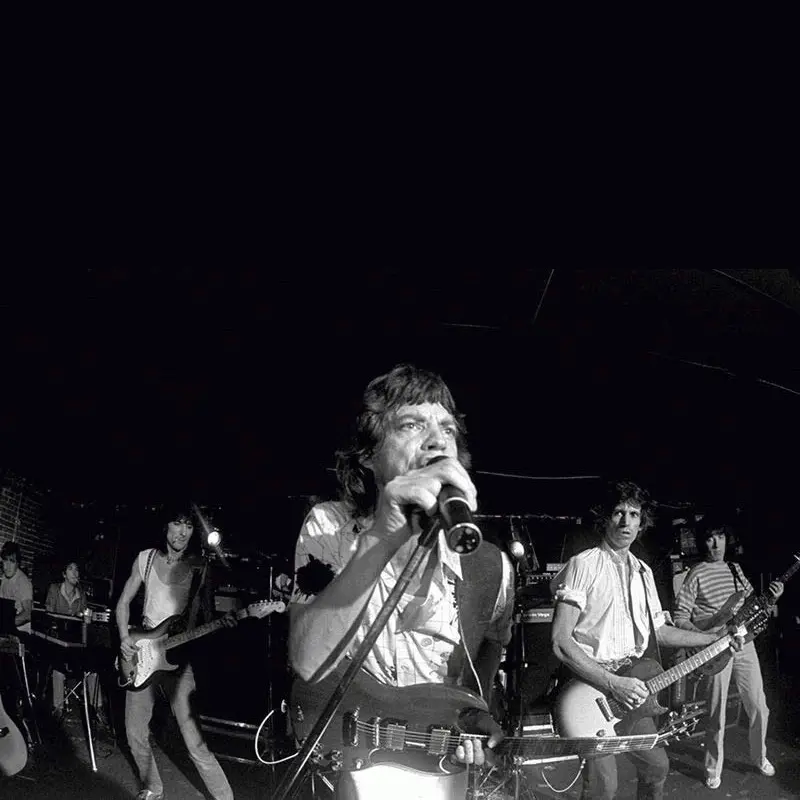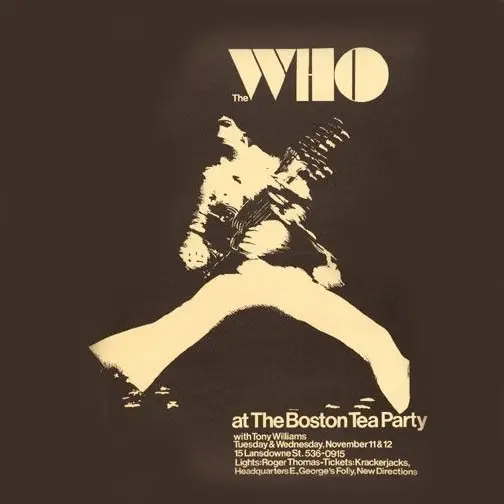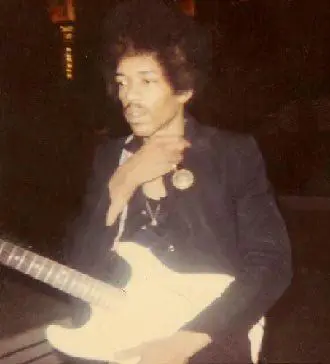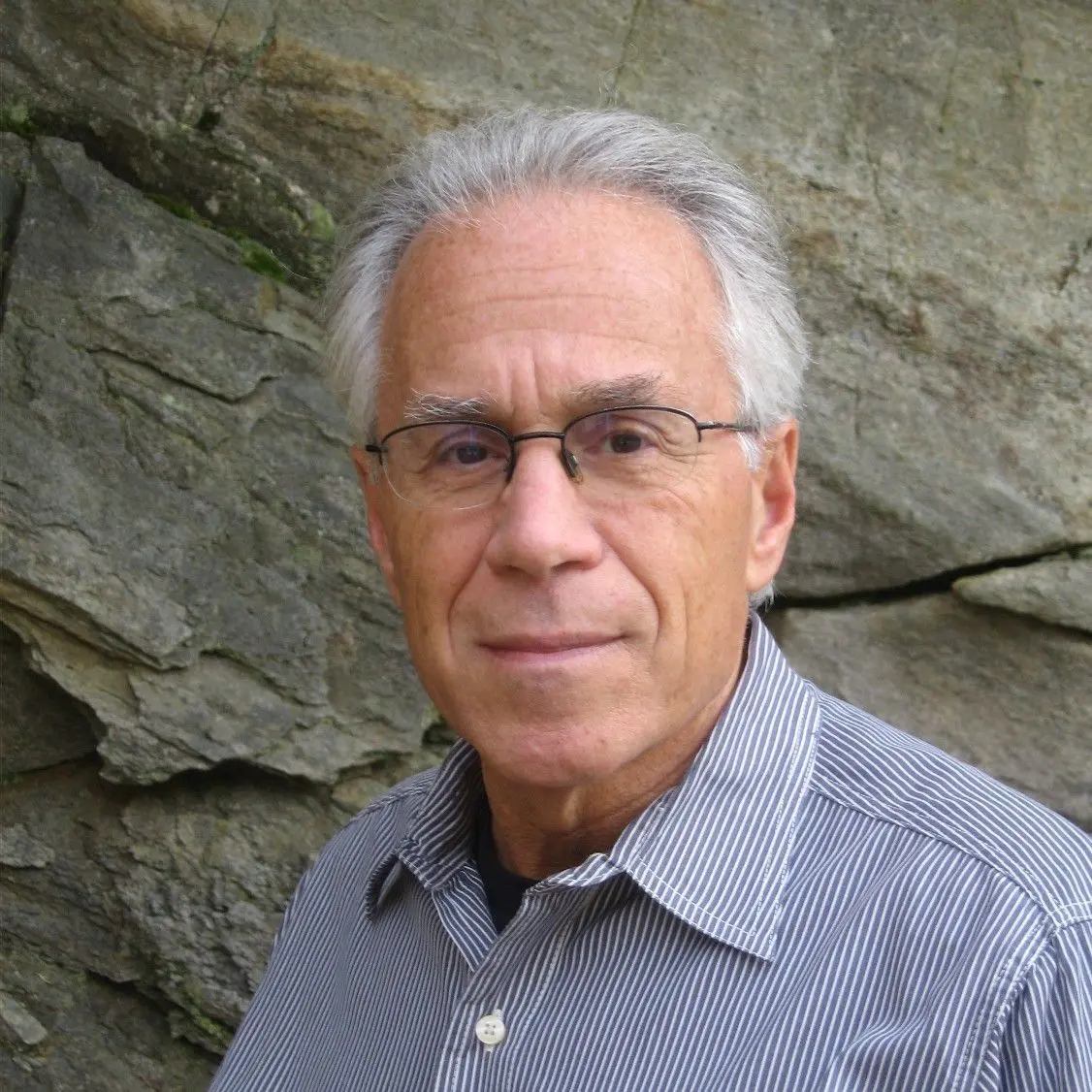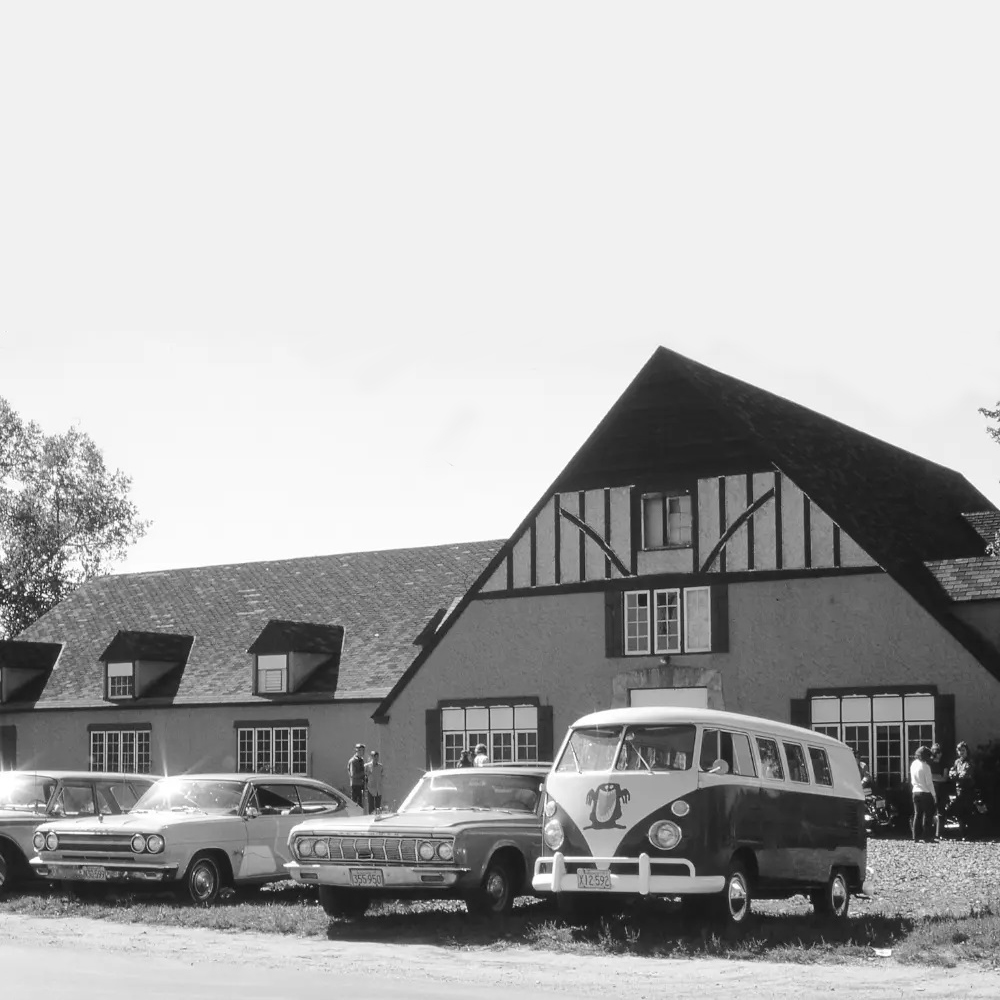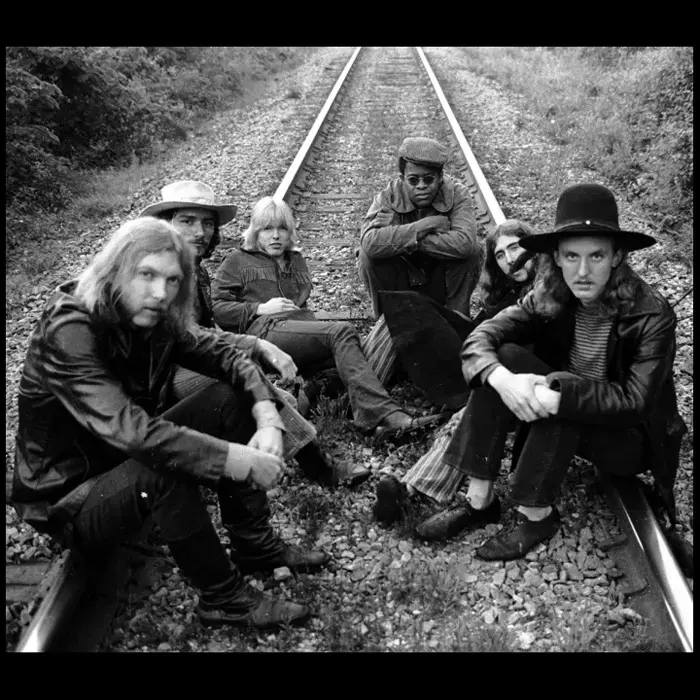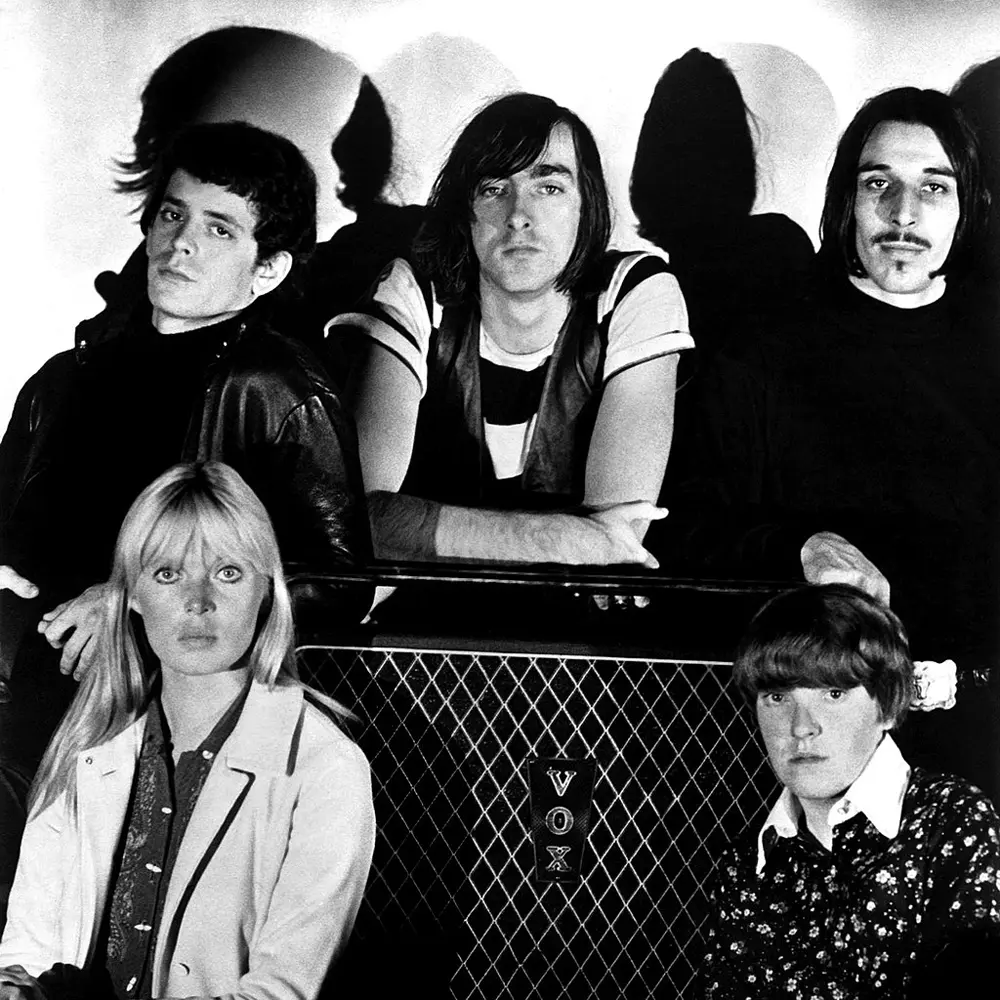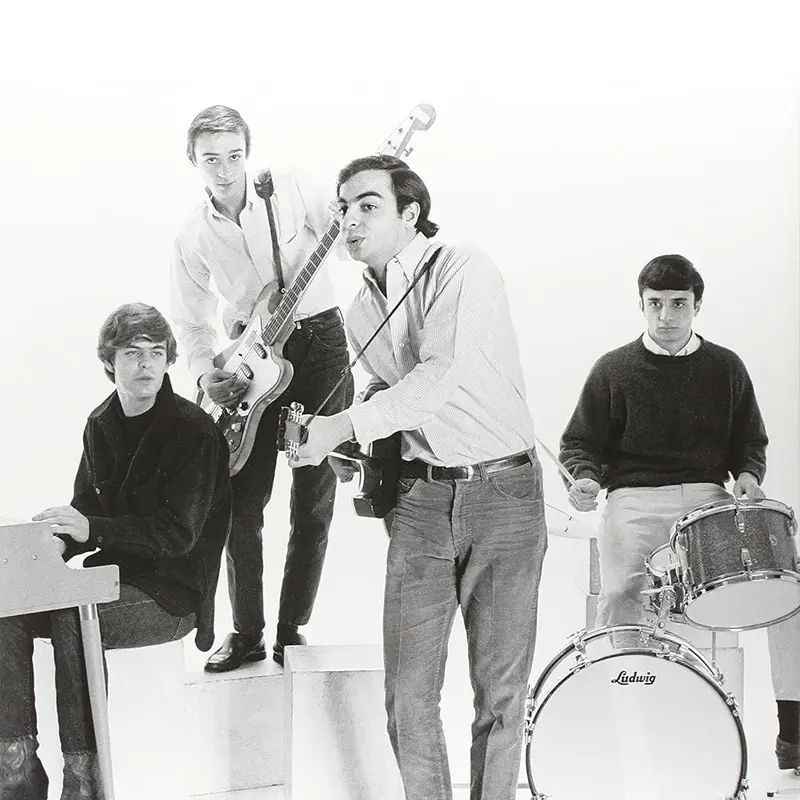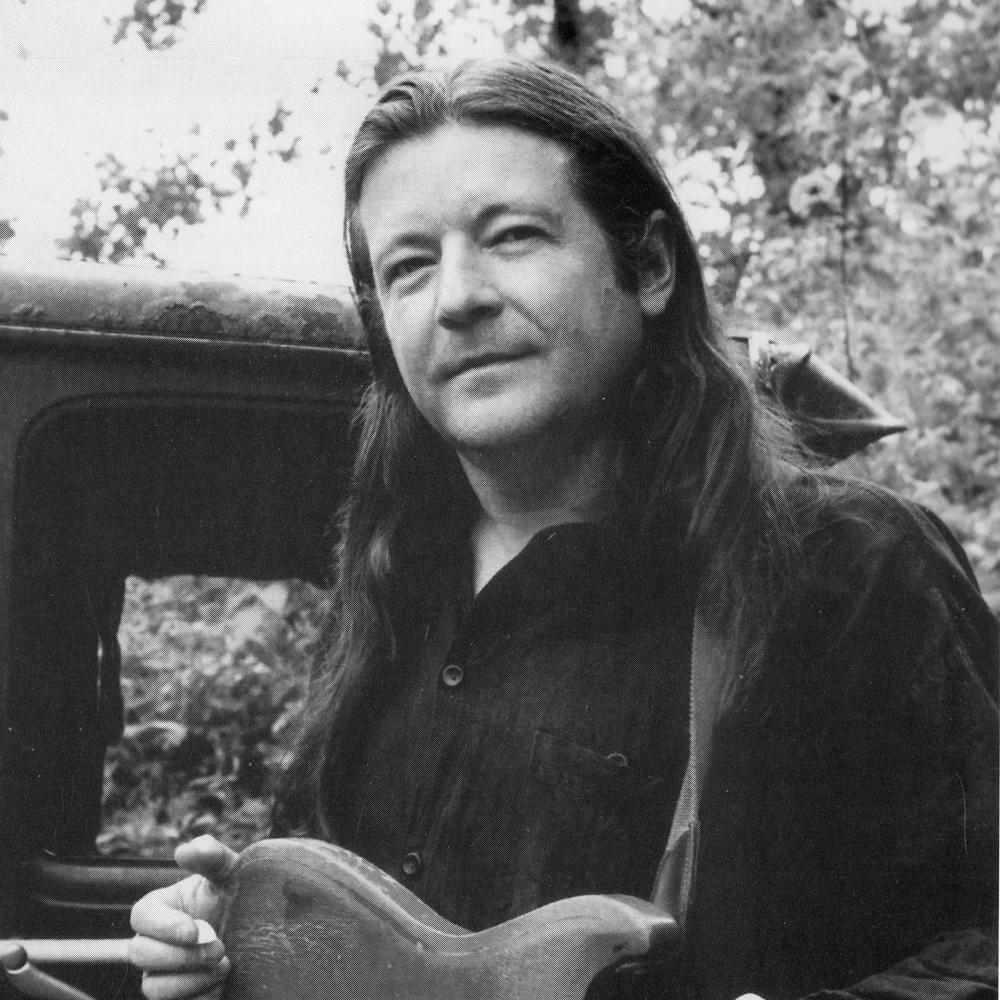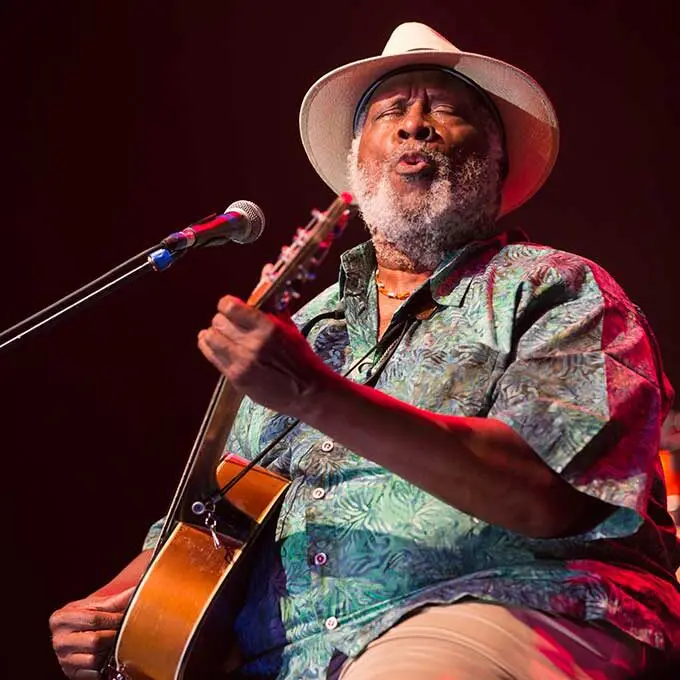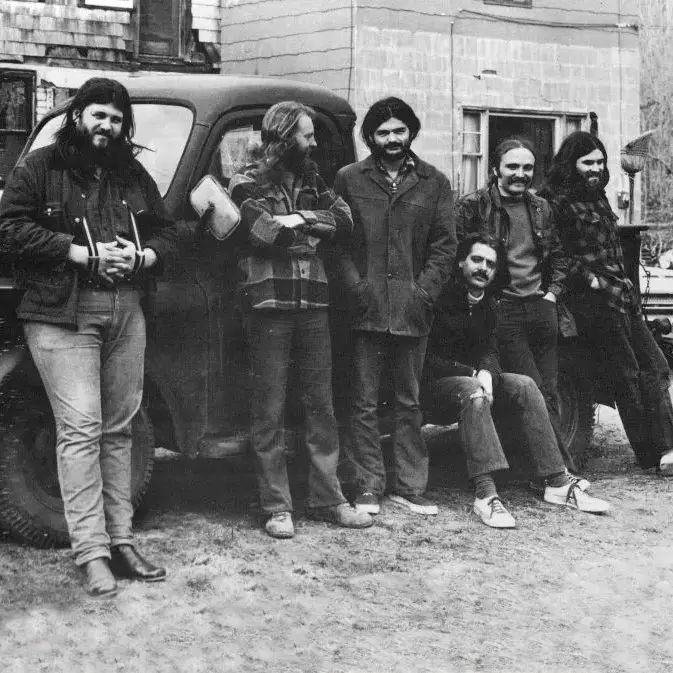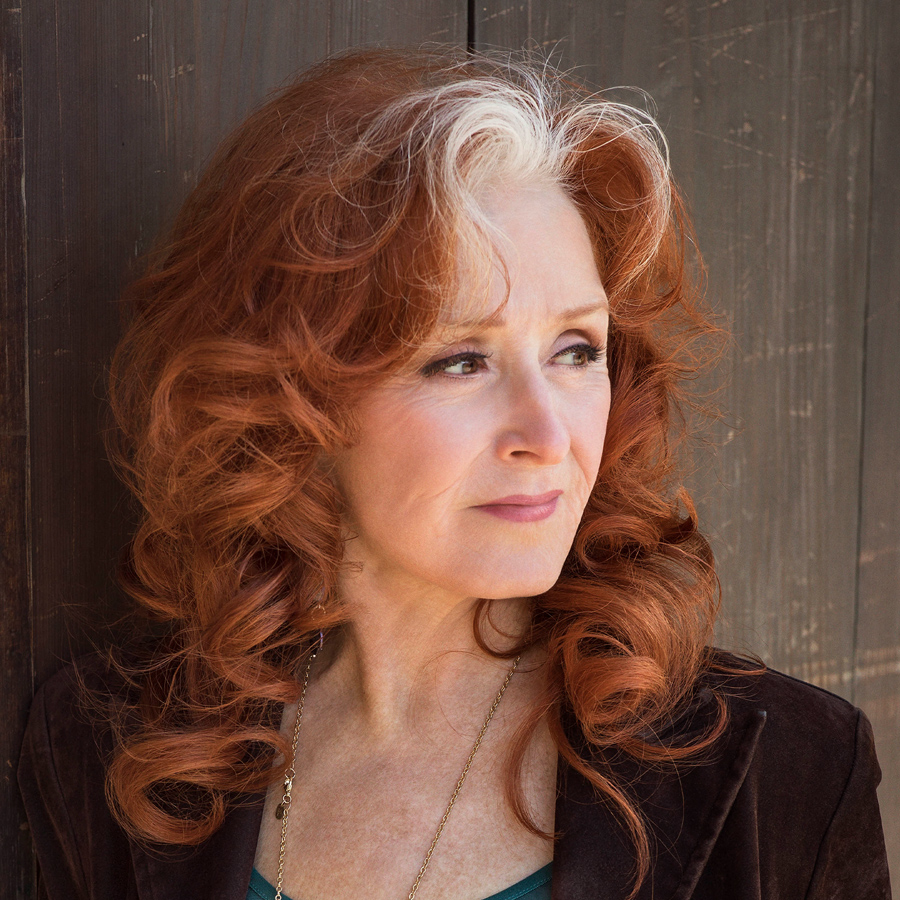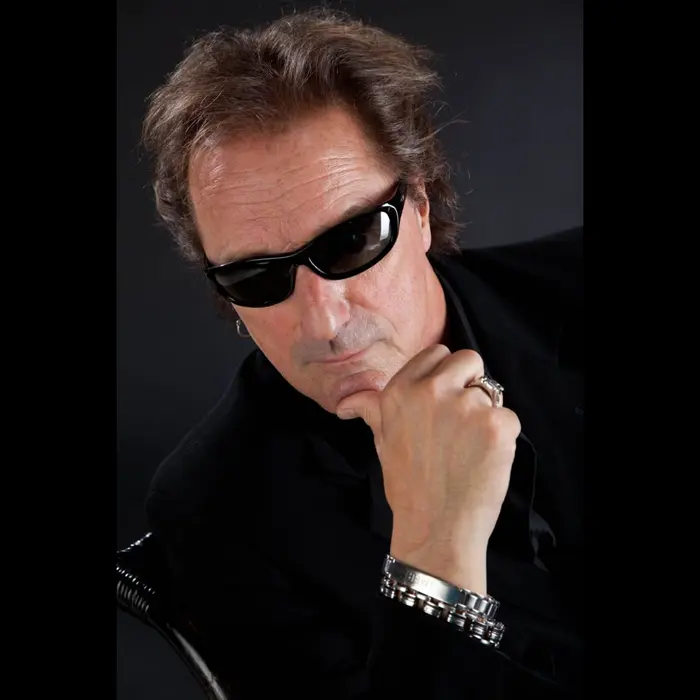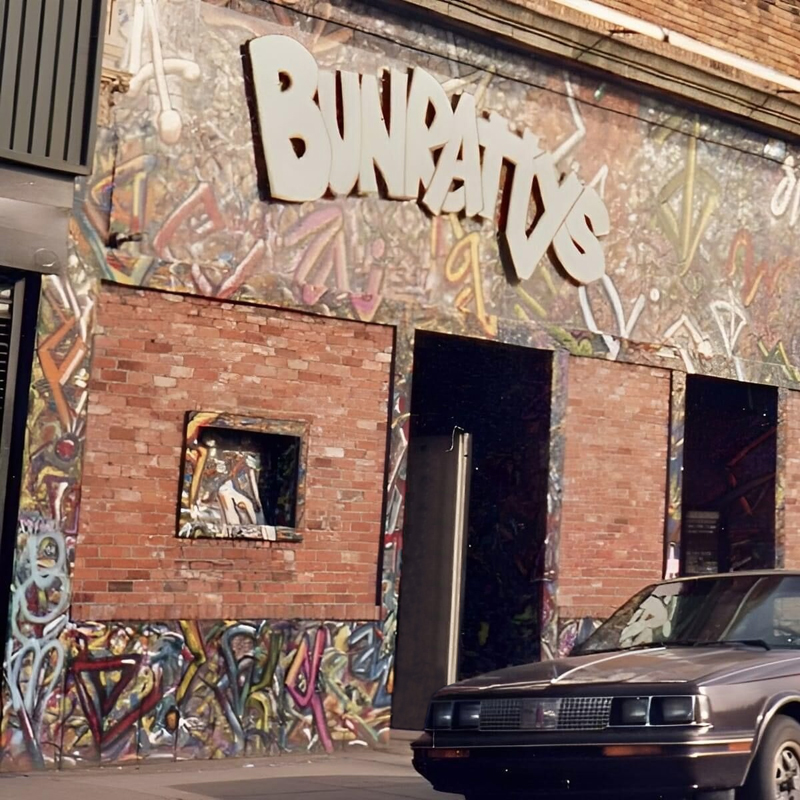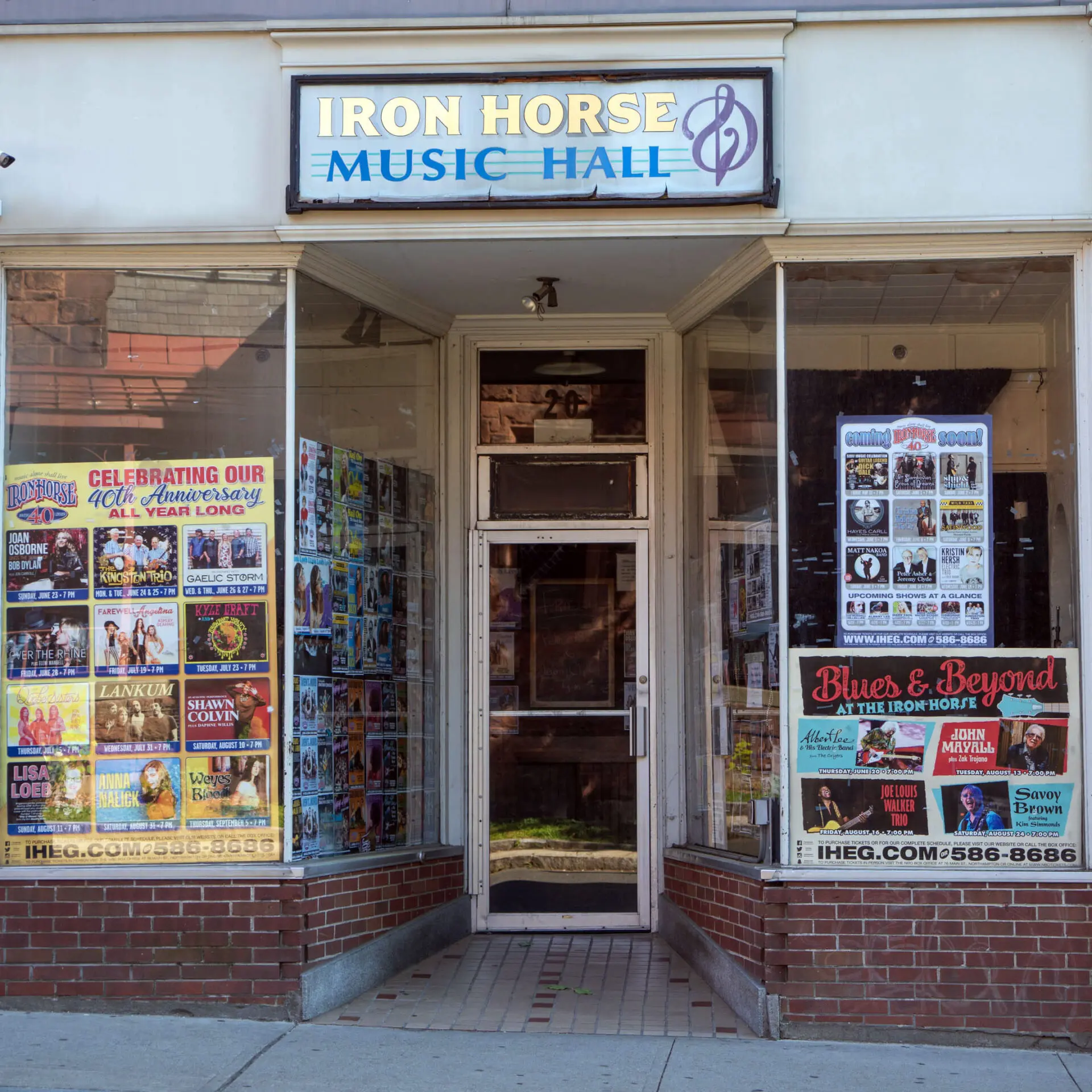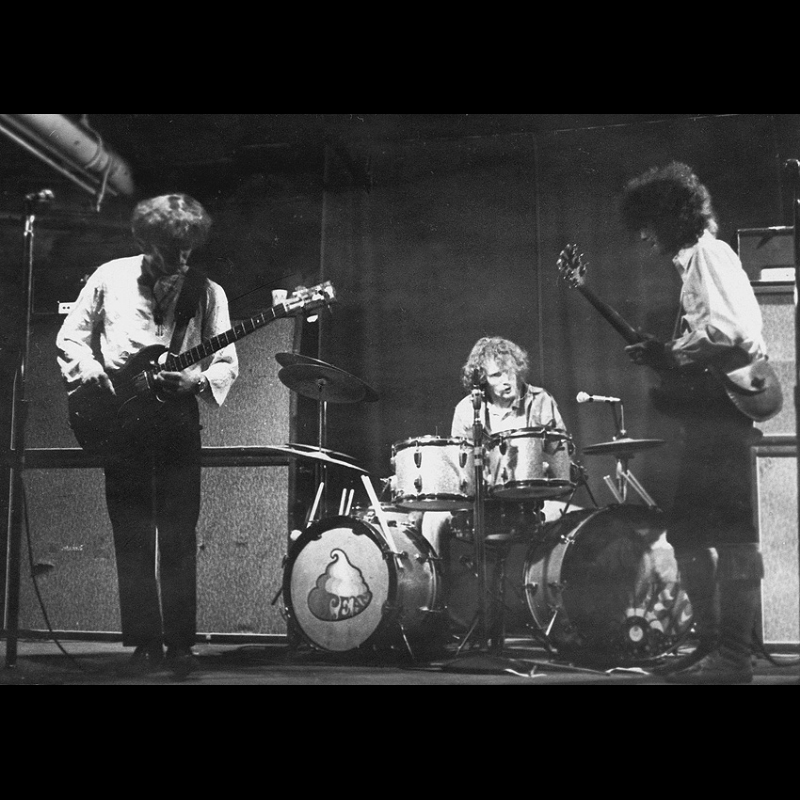Fat
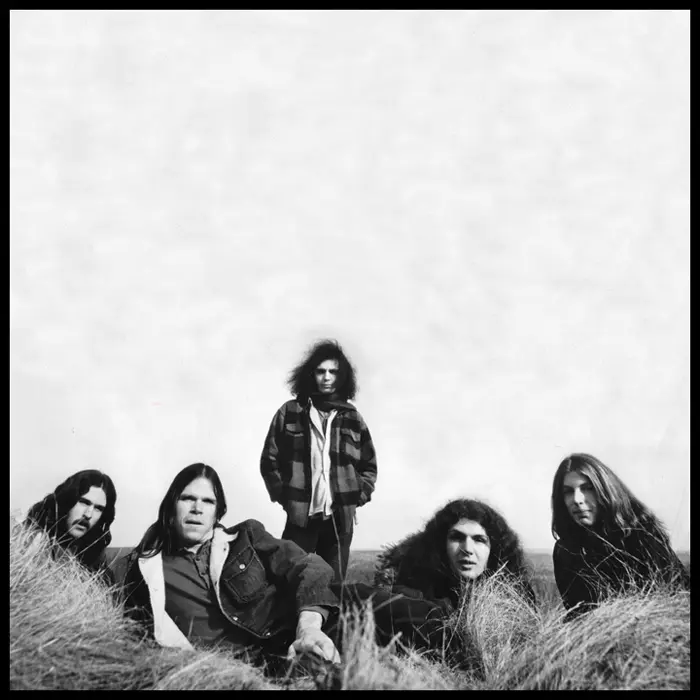
Formed in 1968 in and around Springfield, Massachusetts, Fat is going strong and is as beloved as ever more than five decades later. The derivation of the band’s name is simple, suggested by a hip, beatnik-inspired friend who spoke of all things cool and righteous as being “fat.” But the Fat story is far more complicated, filled with big-time success, hope, disappointment, disillusion, resilience and redemption. And some very enduring music.
ORIGINS, “BLACK SUNDAY,” DEBUT ALBUM
The seeds of Fat were sown at Holyoke Community College, where frontman, vocalist and songwriter Peter J. Newland connected with guitarists/songwriters Michael Benson and Jim Kaminski. Along with bassist Guy DeVito and drummer William “Benji” Benjamin, the band started out playing covers of songs by their favorite bands: Cream, The Rolling Stones, The Who, Hendrix. But early on, when seeing Jefferson Airplane at the Springfield Civic Center, Newland looked up at the stage and thought, “I wanna do that. What do we need to do to do that?” From that point forward, the band focused on writing original songs. And the songs were strong enough that they led to associations with big-league managers, producers and record labels.
An early tape, recorded in 1968 in a two-track studio at what was then the Passionist Monastery in West Springfield, resulted in a visit from producer Eddie Jason (aka Ed Germano), who later owned The Hit Factory in New York City. He was particularly taken by the young band’s scrappy energy and a Newland original, “Black Sunday.” Six weeks later, the band was in midtown Manhattan, first at A&R Studios, then at RCA Studios, recording what became their first album, with Jason behind the board. RCA released the self-titled album about a year later, but the powers that be weren’t quite sure how to promote the record and the band found itself on bills with Bobby Sherman and Bread. “Given that I was young and full of beans, and had that rock ‘n’ roll arrogance thing going on, I was very unhappy about that,” Newland says.
THE WOODROSE BALLROOM, OPENING SPOTS, LOYAL FAN BASE
Back home, Fat was pioneering the music scene in the Pioneer Valley. In 1969, they played 12 dates at Steve Nelson’s club, The Woodrose Ballroom in South Deerfield, both as a headliner and as an opening act. In December, they opened for a new band whose first album had just come out, The Allman Brothers. In 1970, when the Woodrose moved its shows to the Paramount Theatre about a half-hour south in Springfield, they landed an opening slot for The Velvet Underground in January. Also on the bill were Barry T & The Studebakers, a new band fronted by Barry Tashian and Bill Briggs, formerly of The Remains.
After the Woodrose appearances, things continued to improve when the band played shows with Paul Butterfield one night and Little Richard the next, and with acts including Steppenwolf, Eric Burdon and War. Then, with Jerrold Kushnick as manager, Fat landed a slot at the Strawberry Fields Festival in Ontario, Canada, in August 1970 with Sly & The Family Stone, Mountain, Grand Funk Railroad and others. But, recalls Newland, “Right when they figured out where we fit, there was regime change at RCA. We were going down to record our second album and we cut our new single [in late 1970], ‘Still Water,’ but they were unhappy to find out it was a Vietnam protest song. That straw broke the camel’s back.”
But that first album’s viability and major-label luster was a big deal for the band’s fans. Legendary Western Massachusetts-based songwriter-performer Ray Mason, who’s recorded nearly three dozen albums as frontman for The Lonesome Brothers and with his own Ray Mason Band, remembers how much they impressed him. “The first time I heard Fat was at an outdoor concert at Forest Park in Springfield in the late ’60s,” he says. “With a combination of originals and choice covers, including Spirit’s ‘Fresh Garbage,’ they proceeded to show me and my buddies that this was what a great band sounded like. With original tunes like ‘House on the Corner’ and ‘Black Sunday,’ I later wore out their self-titled RCA album. What I’m trying to say here is that Fat have always knocked me out!”
Throughout the ’70s, the members of Fat not only worked together but lived together, further adding to the tight-knit feel of the band. The back cover of their RCA album was taken a group house in Pelham, Massachusetts. Without a recording contract but with an ever-growing catalogue of power-packed originals and a sound full of soulful rock and blues with hip, jazzy inflections, the band remained strong with a fiercely loyal following in Massachusetts and Connecticut, and become house-packing regulars at The Rusty Nail in Sunderland, Massachusetts. In the early- to mid-‘70s, Fat often found themselves sharing bills there with the likes of Cold Blood, James Cotton, Taj Mahal and Sonny Terry and Brownie McGhee.
LINEUP CHANGES, FOOTLOOSE, MANAGEMENT CHANGE
In the mid-1970s, guitarist Kaminski left the group, replaced by Newland’s brother Christopher. Drummer Benjamin left, too, replaced by William Perry of Cricket Hill (and eventually joining The Elevators, whose Frontline album was released on Arista Records in 1980). In 1975, the group formed the area’s first indie label, Dream Merchant Records, and recorded and self-produced their second LP, Footloose, with assistance from esteemed engineer Ed Begley (Miriam Makeba, Nina Simone).The album sold well regionally, establishing Fat as a major musical force in a vibrant scene that also included Clean Living and Mitch Chakour and The Mission Band. When the group played Boston clubs like Brandy’s I and Bunratty’s, they connected with artists including Bonnie Raitt, Billy Colwell and James Montgomery.
Looking for new management and armed with copies of the solid-selling Footloose album, Newland says that he “bribed” his way backstage at the Springfield Civic Center during a Charlie Daniels Band show with hopes of meeting promoter Shelly Finkel of powerful Cross Country Concerts. It worked, and the band signed a management agreement with Finkel and his partner Jim Koplik on September 30, 1978..
ATLANTIC DEAL APPEARS, THEN DISAPPEARS
In early January 1979, the band headed off to Miami’s Criteria Studios to record what they hoped would be their third album, with producer Felix Pappalardi (Cream, Mountain). Around that time, the band also recorded with producers Murray Krugman (Blue Öyster Cult) at Bearsville Studios, and Mick Ronson, but it soon became clear, Newland says, that “Felix was gonna be the guy.”
Meanwhile, in Manhattan, manager Shelly Finkel got some Fat demos in the hands of Atlantic Records’ Jerry Wexler. As Newland recalls, “Jerry liked it and encouraged Ahmet [Ertegun] to sign us. And while we were at Criteria, Ahmet flew in from his place in the Caribbean. We met him at the airport, he came back to the studio, and we listened to the tapes with Ahmet. He liked the band very much. He said, ‘You guys are the new Rolling Stones. We are going to take rock ‘n’ roll back from the English with this band.’ We shook hands on a deal that day.”
But at that time, which was shortly after the record industry’s Saturday Night Fever sugar high and its subsequent pre-MTV plunge, money dried up and companies quickly tightened their belts so suddenly there were no slots on their rosters for so-called “developmental acts.” Fat got caught up in this, and despite having recorded an album’s worth of new material, the Atlantic deal fell through. “When the Atlantic deal fell apart, it hit everybody really hard,” Newland says. “We’d worked really hard and got to [what we felt was] the ultimate deal, the deal we’d all been looking for, and when that fell apart, we just kind of imploded for a while.”
MORE LINEUP CHANGES, HARDER-EDGED SOUND
Christopher Newland, DeVito and Perry left the band, with Peter Newland and Michael Benson remaining to keep the fire burning. Which they did, beginning in late 1979 with a succession of new lineups. The first saw the two stalwarts joined by bassist Peter Frizzell (Clean Living) and drummer Barry Blinn (Mama’s Little Jewel). This quite-different incarnation of Fat, a power trio with front man vocalist, was dubbed Hell’s House Band, with Newland being the creative force. “I did not take the loss of the Atlantic deal and the breakup of the band well, and I was pretty angry,” he says, “In one sense, it made for some angry, violent, beautiful music.”
The harder-edged Fat sound, though, didn’t ring true with some of the band’s most loyal fans. To address that issue, Newland, Benson, Joe Rudolph (bass) and Mark Kislus (drums) cut a new single in 1982 at Dream Merchant Studios in Ashfield, Massachusetts, the high-energy rocker “Livin’ Like an Outlaw” b/w “When Will I Meet You,” a timeless ballad. The record had the feel of classic Fat, and when the new lineup performed at the record release party (held at the Springfield Civic Center Exhibition Hall on June 19, 1982), the place was packed, all those in attendance clearly loving their local heroes.
DISBANDING, REUNION
Throughout much of the 1980s, Newland and company continued playing clubs and bigger halls like the Paramount Theatre in Springfield. But in the late-’80s, Fat officially called it quits, although in retrospect it was just a multi-year hiatus.
Fast forward to early 1992, when Steppenwolf’s Ron Hurst, a longtime friend of Fat bassist Guy DeVito, inspired the original members to get back together for a gig at the Waterfront Tavern in Holyoke in February. The magic returned, the band was resurrected and, with a few exceptions early on, have been playing together several times a year, most recently with original members Peter and Christopher Newland, Guy DeVito, Jim Kaminski and “Benji” Benjamin, joined by guitarist Mark Pappas and second drummer, Chet Pasek.
Into the third decade of the new millennium, Fat has brought in special guests including James Montgomery, Mitch Chakour and Ray Mason to such venues as Court Square in Springfield and the Iron Horse Music Hall in Northampton. Playing before full-to-capacity crowds, the group is as energetic and strong as ever, if not better. And one of the wonderful things about Fat is that in 2020, 52 years after the band’s formation, all its members, past and present, are still alive. “Yeah,” Peter Newland says with a mischievous smile, “we sometimes jokingly say that we just didn’t make enough money to kill ourselves.” And the songs, from all phases of their career, shine as brightly as did years ago, drawing standing ovations from music lovers of all ages.
“Now you just put the key in, turn it on, and let it run,” says Newland, reflecting on Fat’s 50-plus years as a unit. “We finally learned not to try to redesign it or re-control it. We found something that works together as a beautiful machine.”
SELECTED DISCOGRAPHY
- Fat: Fat (RCA LSP-4368, 1970). Re-released on CD as Fat: The Early Years, with bonus tracks.
- Fat: Footloose (Dream Merchant OU812, 1976).
- Fat: Past Due (Dream Merchant OU813, 1995). Tracks recorded in 1978 and produced by Felix Pappalardi at Criteria Studios.
- Fat: “Livin’ Like an Outlaw” b/w “When Will I Meet You” (Dream Merchant DM 101, 1982)
- The Elevators (including William Benjamin): Frontline (Arista AB 4270, 1980)
- Christopher “Columbus” Newland (guitar): Arrow: Knock Dem Dead (Mango 1988,)
- Guy DeVito (as producer): Salamander Crossing (Signature Sounds, 1995)
- Peter J. Newland: Nomad (Dream Merchant DMR 2000, 1999)
- Guy DeVito (bass, vocals): John Kay & Friends: Live at the Renaissance Center (Shout Factory, 2004 DVD)
- Jim Kaminski: Jim K and Co. 5 (Meltdown Records, 2013)
(by David Sokol with additional material provided by Steve Nelson)

